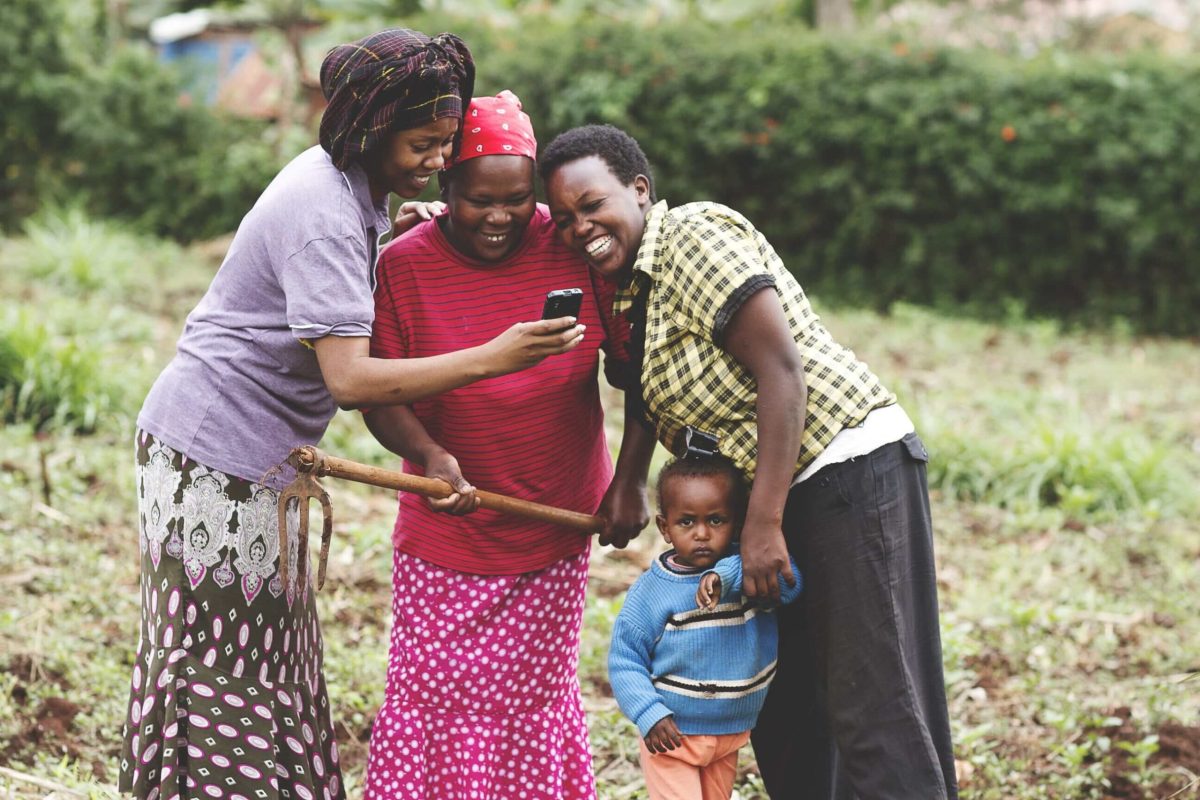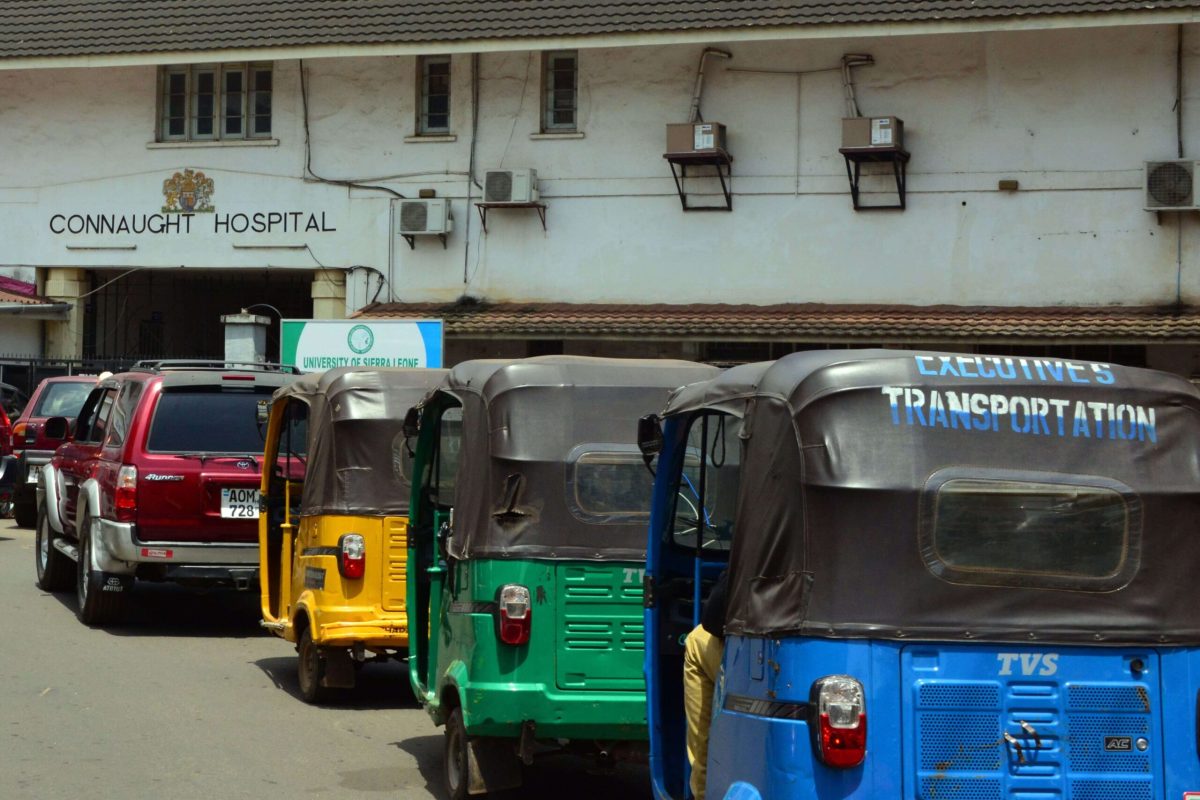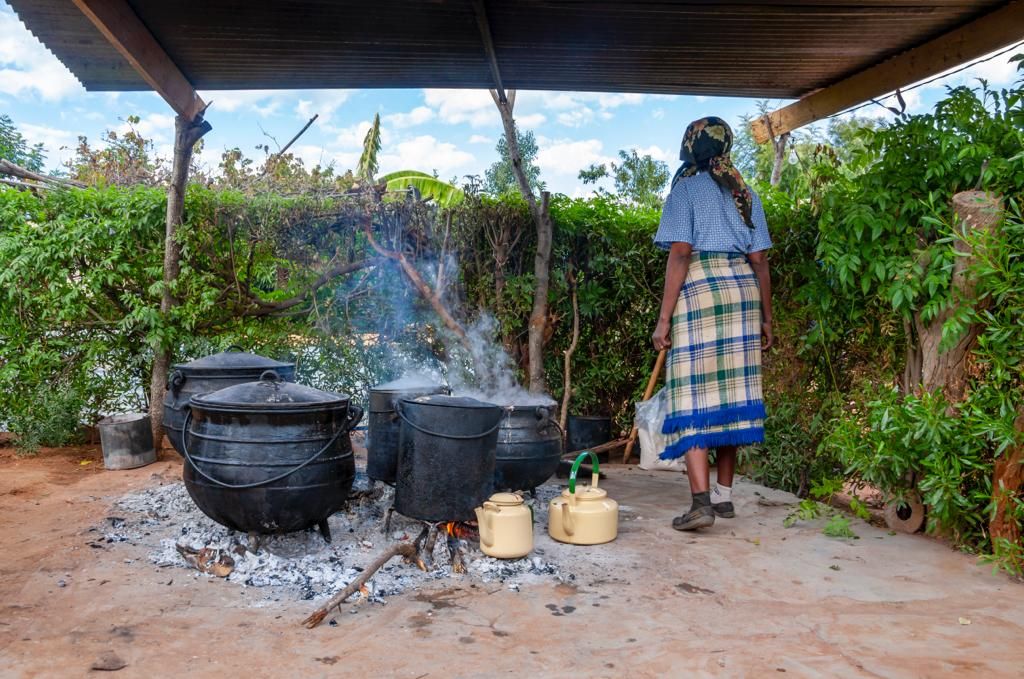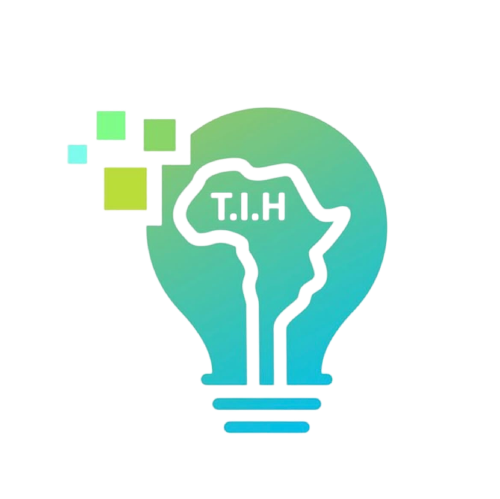
Gender Sensitive Programming
A gender sensitive program recognizes that women’s role is as important as men’s in addressing environmental and development issues. It acknowledges that, because they have different roles, women and men may have different needs, which must be addressed in order to achieve sustainable mountain development.
The gender perspective is not only relevant to projects where women are the principal target group, it must be mainstreamed in all environmental and development programs.
A programming process is gender sensitive when the gender dimension is systematically integrated into every step of the process, from defining the problem, to identifying potential solutions, in the methodology and approach to implementing the project, in stakeholders analysis and the choice of partners, in defining the objective, outcomes, outputs, and activities, in the composition of the implementation and management team, in budgeting, in the monitoring and evaluation (M&E) process, and in policy dialogue.
When gender is mainstreamed into a program, the roles of women and men in relation to a sector and their capacity to address the issues are better acknowledged, which should lead the program to work with and/or target people who are more likely to make a difference in addressing the issues. It also compels programs to adopt an approach and strategy that looks at the human element.

Youth engagement
It is increasingly recognized that it is important to engage youth at all level of programming. From the design, implementation and evaluation of activities, it has been demonstrated that this lead more effective impact, ownership and sustainability.
Moreover, with meaningful engagement, youth are empowered to play a vital role in their own development as well as in that of their environment. Within the context of programming, active participation by youth in decision-making processes pertaining to the design, provision and delivery of services can help to respond to and meet their needs.
Most of our youth find themselves in the informal economy not by choice, but due to the lack of opportunities in formal employment and the absence of other means of earning a living.
At T.I.H we see the need for a skills revolution by sharing of expertise and best practices to the need for structural change and reform

Cyber security
Cybersecurity’ is increasingly becoming important . Our environment is moving more digital then ever onthe rise. Data leaks that could result in identity theft are now publicly posted on social media accounts. Sensitive information like credit card information and bank account details are now stored in cloud storage services
The fact of the matter is whether you are an individual, small business, or large multinational, you rely on computer systems every day. Pair this with the rise in cloud services, poor cloud service security, smartphones, and the Internet of Things (IoT) and we have a myriad of potential security vulnerabilities that didn’t exist a few decades ago.
Governments, institutions and organizations around the world are taking more attention to cybercrimes

Women and Youth Entrepreneurship
According to the United Nations, Africa has the youngest population in the world, with 70% of sub-Saharan Africa under the age of 30. Such a high number of young people is an opportunity for the continent’s growth – but only if these new generations are fully empowered to realise their best potential. It is especially important that young people are included in decision making and given appropriate opportunities for work and to innovate. At The Innovation Hub , our aim is to provide the opportunity for entrepreneurs to design and shape their dream to reality . By empowering the entrepreneurs to make their own choices for themselves what will be in line with their local realities. Equally we know that for entrepreneurs in rural areas have the potential to lead by innovations that brings tremendous added values to community, opening markets for their surrounding thus stimulate livelihood and reducing poverty and opening new jobs for peopl

FINTECH
Mobile money is becoming one of the most popular and worldwide tool within the financial technology . With Africa about nearly two-thirds of mobile money transactions were driven by users in Sub-Saharan Africa.
With a growing population and home to the youngest population in the world, Africa provides not only an untapped market for service providers who are able to offer alternative financial solutions and banking functions via mobile phones, but demography will continue to be a major aspect in this.
Africa now accounts for 70% of the world’s $1 trillion mobile money value. The value of Africa’s mobile money transactions edged up 39% to 701.4 billion in 2021from $495 billion in 2020, meaning the future of African Banking is mobile
According to Ashley Olson Onyango, Head of Financial Inclusion, GSMA, although the use of mobile money has become a global phenomenon, African users remain a significant driver.

Local content
We believe in strengthening the national economy by giving a high priority to enabling local companies to be part as much as possible of building the country and by doing so creating jobs for the younger ones. This means among others:
- Opportunities for promoting entrepreneurship and founding start-up companies
- Development of local businesses, infrastructure, and supply chain
- Improvement of local know-how
- Reduce dependency on the import of products
- Reduce production cost
- Job opportunities through technology transfer and capacity building

Clean cooking
According to Clean Cooking Alliance , every day, millions of women and girls around the world breathe harmful smoke while cooking and spending hours walking far distances to secure cooking fuel .
The use of inefficient stoves have tremendous effects on health such as respiratory illnesses, heart diseases, high child mortality to name a few.
The production of charcoal is identified by several studies as one of main drivers of deforestation and forest degradation.
At TIH, we understand that it is one thing to promote new and sustainable tools but it is also another to create the ownership aspect with the communities where it matters the most.
It is difficult to shift habits of cooking with wood or charcoal to methods that are more environmentally friendly.
Taking the people along, creating a holistic approach that enables a lasting change in behavior and thinking, opens opportunity for community to bringing their own solutions.
At TIH, we support and create network around clean cooking by stimulating clean cooking at the grassroots level and small business , developing and innovating together with local stakeholders .
